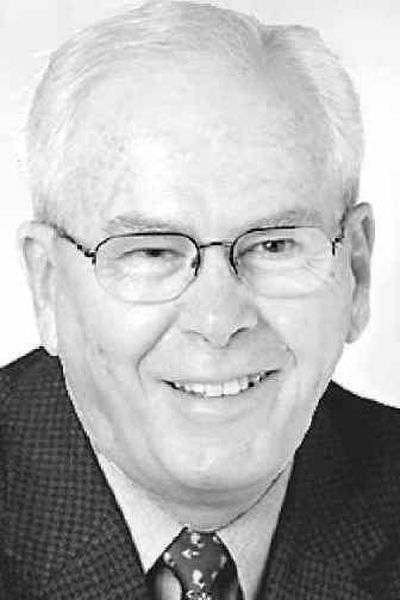Learning from South Africa

When apartheid was the law of the land and many of South Africa’s civil rights leaders were either imprisoned or in exile, it was up to the churches to take a stand.
“What did you do about apartheid? Every South African person of faith will have to answer that question someday,” said Peter Storey, the former president of South Africa’s Council of Churches who also served as chaplain to Nelson Mandela when Mandela was imprisoned at Robben Island.
“When all is said and done, I have to take responsibility for what I did and what I didn’t do.”
Americans and others all over the world can gain from the South African experience, said Storey, speaking from his office at North Carolina’s Duke Divinity School, where he teaches Christian ministry.
And one of those lessons, he said, is to take action.
Storey – who in 1995 helped Mandela organize the Truth and Reconciliation Commission, the organization that addressed the many atrocities committed during the apartheid years as South Africa transitioned into a free democracy – will be in Spokane on Friday for the Fig Tree newspaper’s 2005 Faith in Action Dialogue. His lectures will explore media responsibility, the role of truth in healing and issues of church-state relations.
After experiencing the activism among people of faith in South Africa, Storey said he has found that mainline Christian churches in the United States have remained silent in the public sphere.
Because of the oppression they suffered, black South Africans and others who fought against apartheid stood up together to decry the persecution, said Storey, who served as the Methodist Bishop of the Johannesburg Soweto area for 13 years.
But here in the United States, “it’s harder to mobilize a constituency of privileged people to move on behalf of the poor and the oppressed,” said Storey, “to move on behalf of the rest of the world, who have little and who are disempowered.”
Christians in this country shouldn’t wait for their religious leaders to issue statements, he said. Instead, they should start their own grassroots church movement, Storey said.
A native South African, Storey has worked for three decades in urban ministry. He was the senior minister of the inner-city Methodist Mission in Cape Town and of the Central Methodist Mission in Johannesburg. He also served as director of a 24-hour crisis intervention service in Sydney, Australia.
In 1966, Storey began traveling regularly to the United States to gain the support of United Methodists in the fight against apartheid. In the 1980s, he also worked with Bishop Desmond Tutu in urging the United Nations, the U.S. Congress and European governments to pressure the South African government to end apartheid. Storey is also the founder of the Methodist Order of Peacemakers and Gunfree South Africa.
“South Africa was a microcosm of some of the major social and political and economic divides in the world,” said Storey.
But the people of South Africa were able to emerge from apartheid, negotiate a democracy and address the divides “in different and creative ways,” he said. Together, people sought ways to acknowledge the painful truth of the past in order to find healing and forgiveness, he said.
His native country easily can serve as a model for other countries in transition, he said.
People in the Inland Northwest also can learn from the South African experience, said Mary Stamp, editor of the Fig Tree.
“We needed to acknowledge our past in order to live with each other,” Storey said. “If the South Africans can do it, then there is no place on Earth where it is impossible to overcome divisions.”